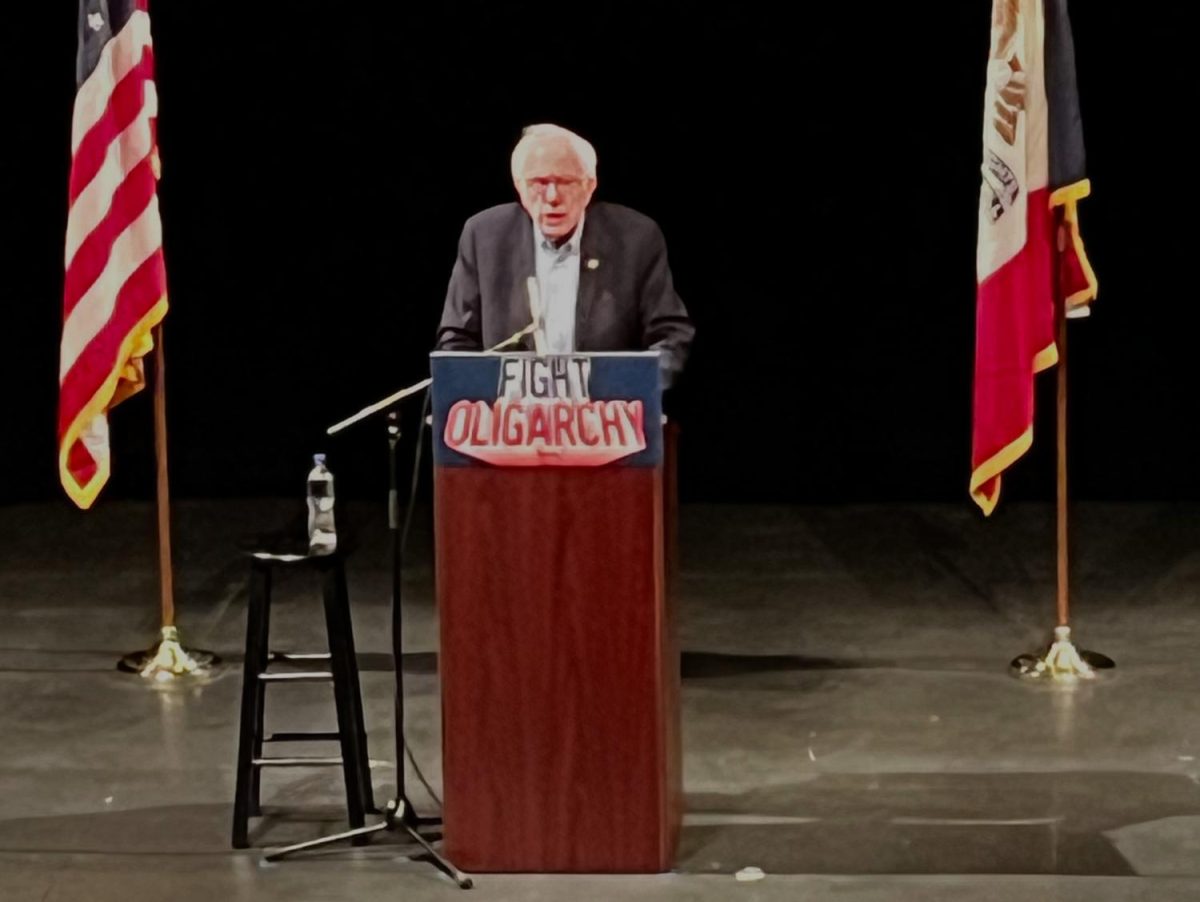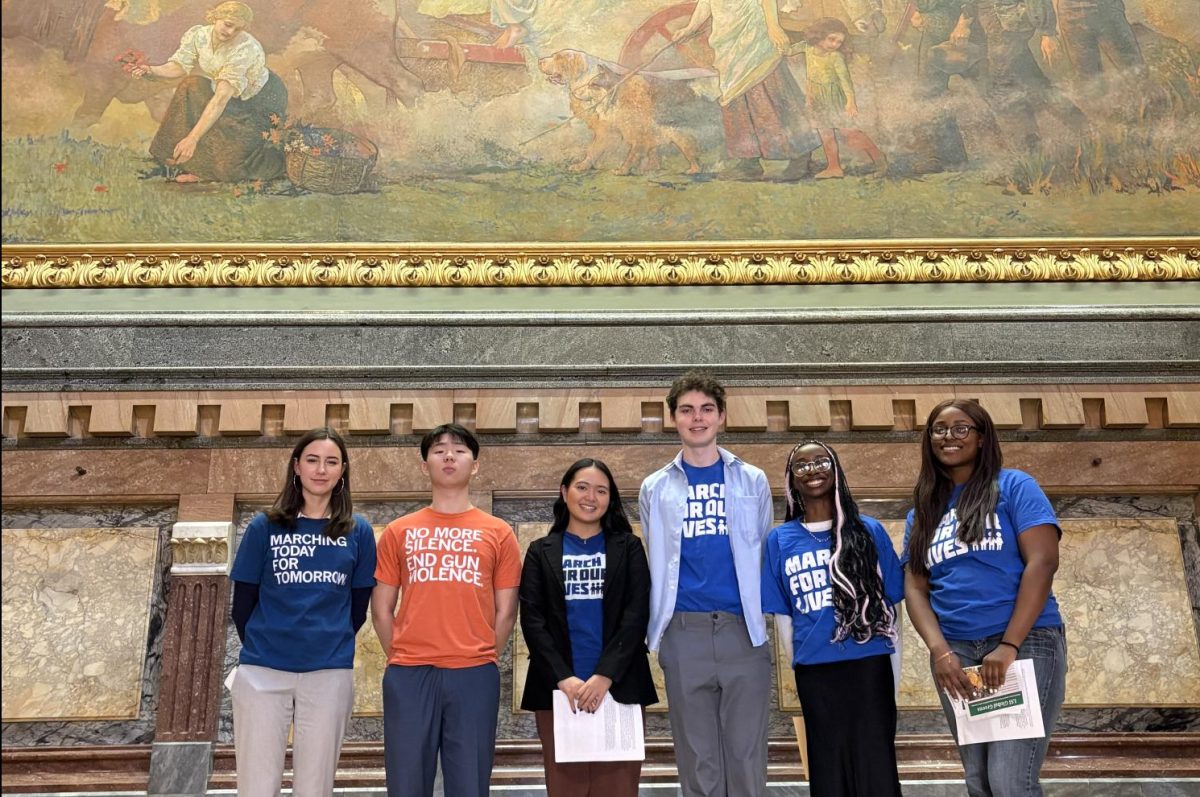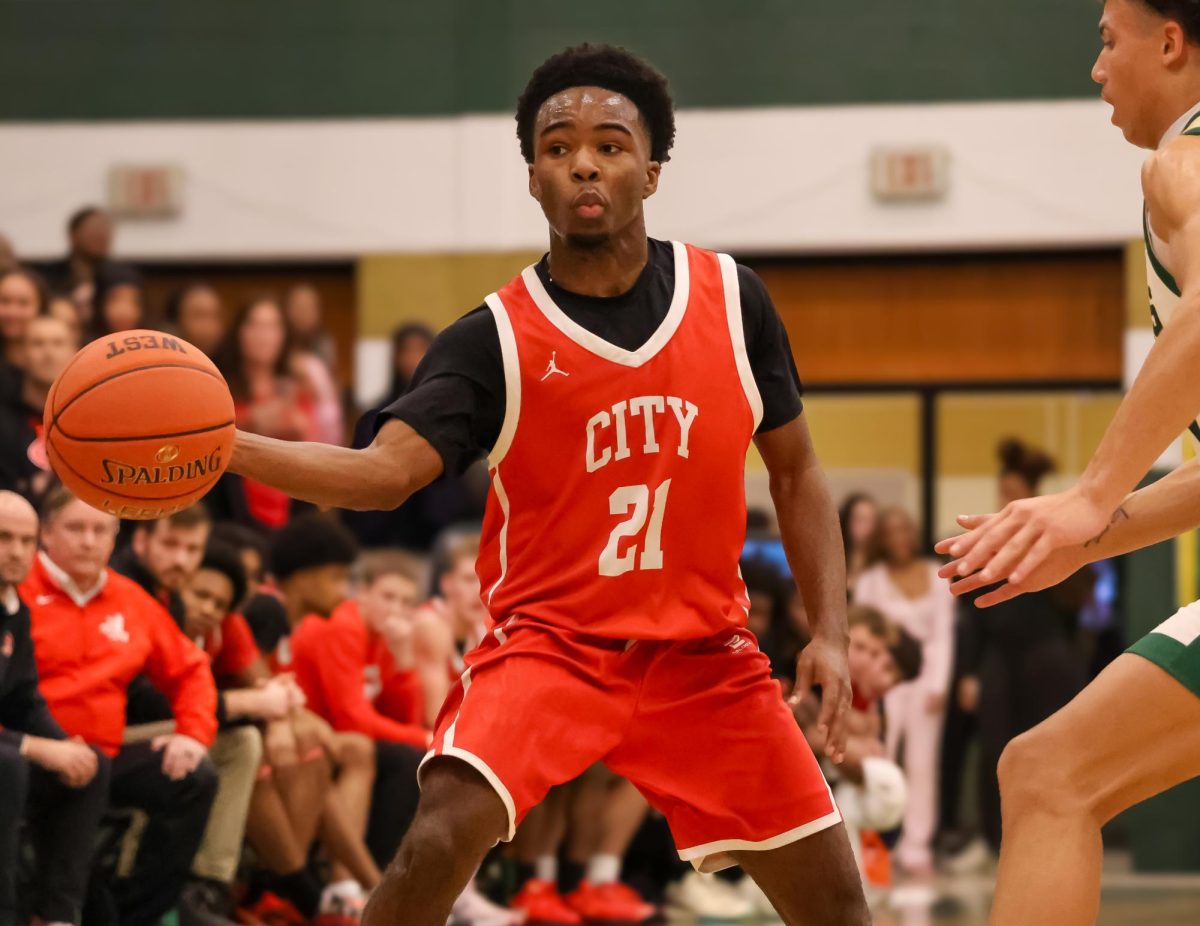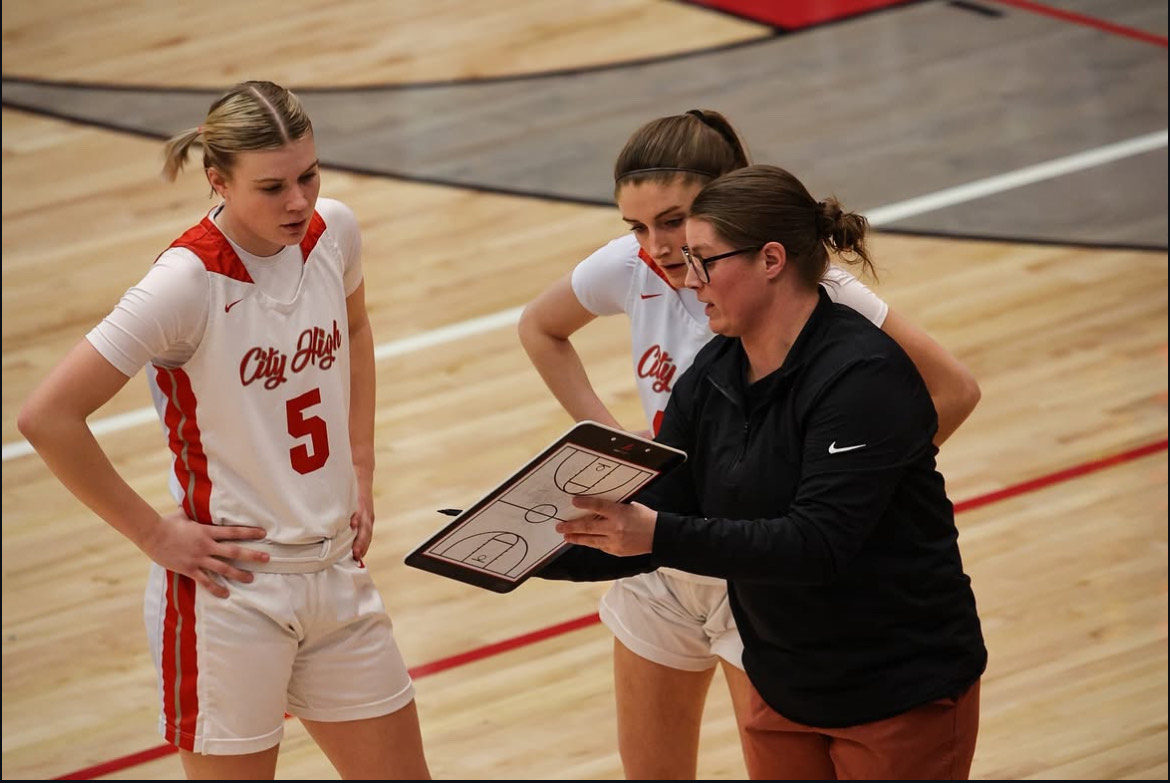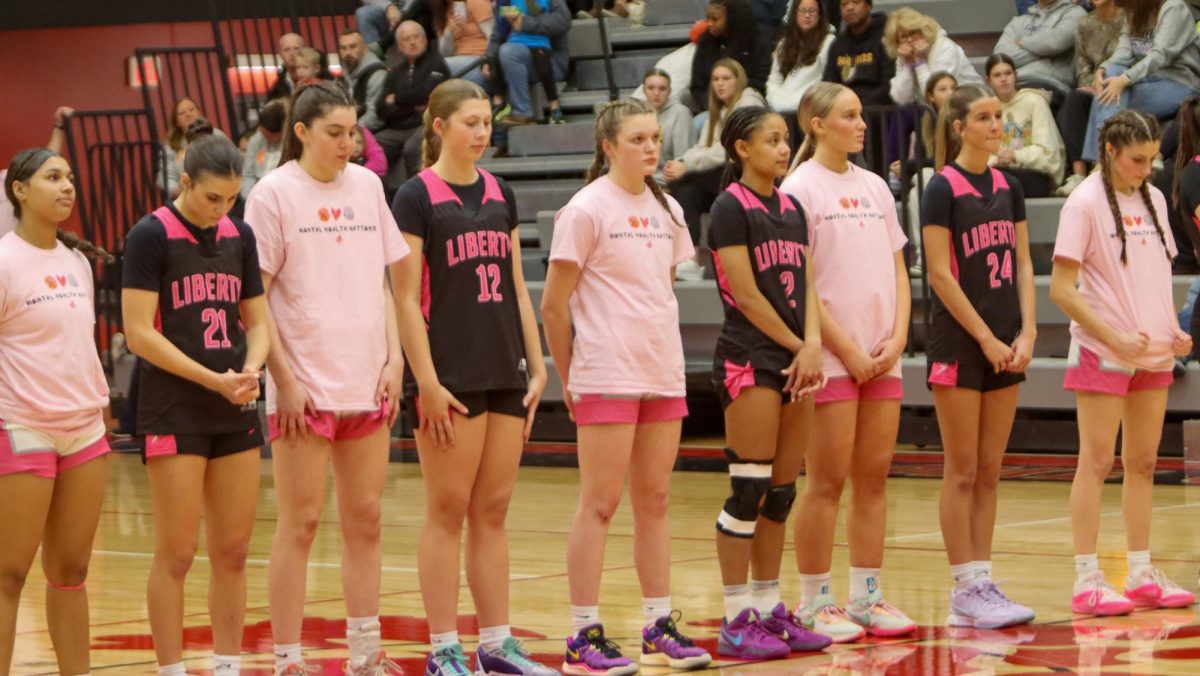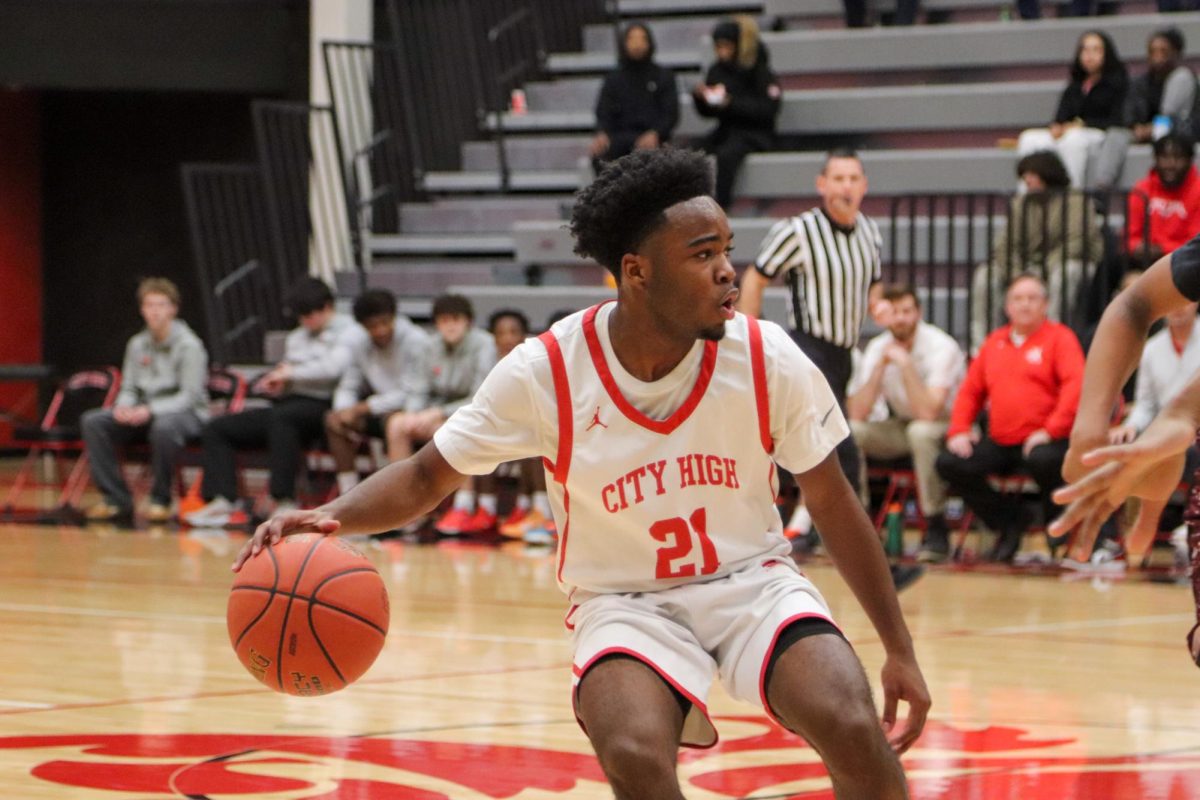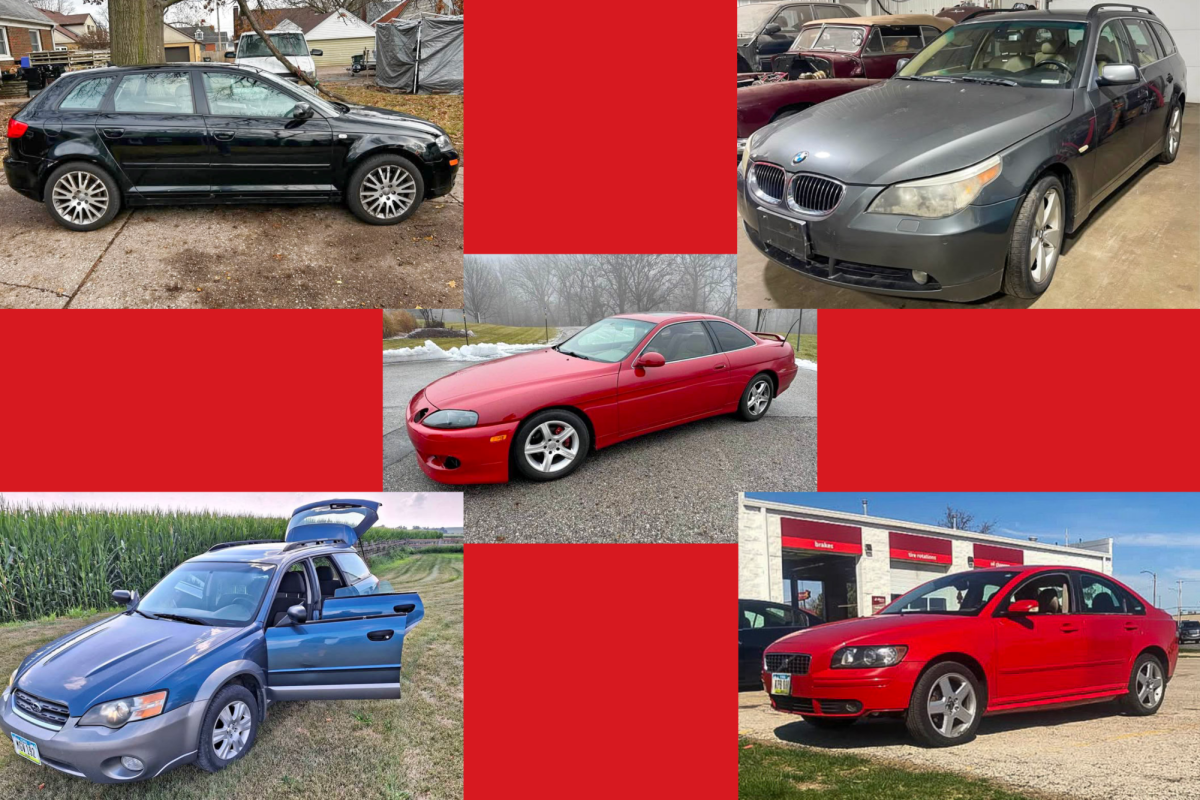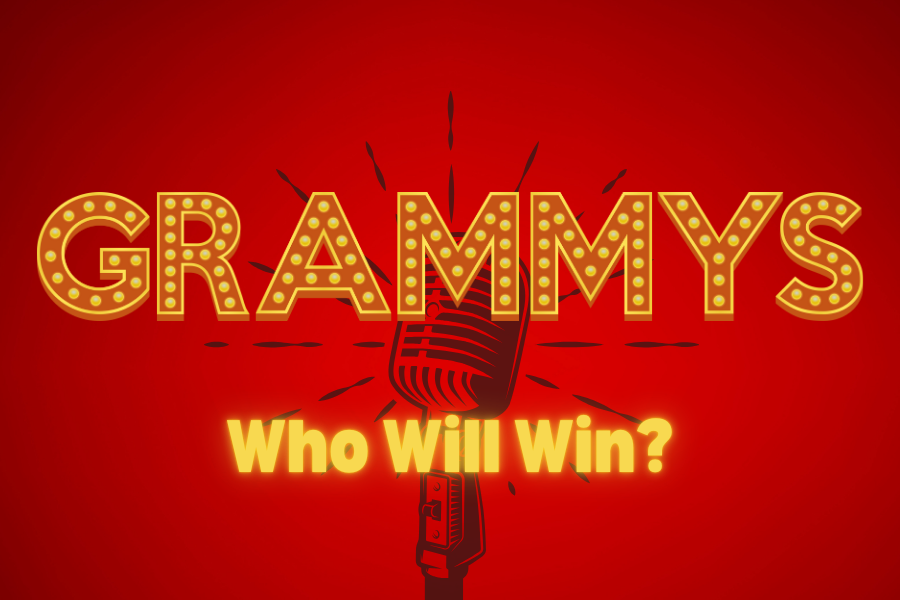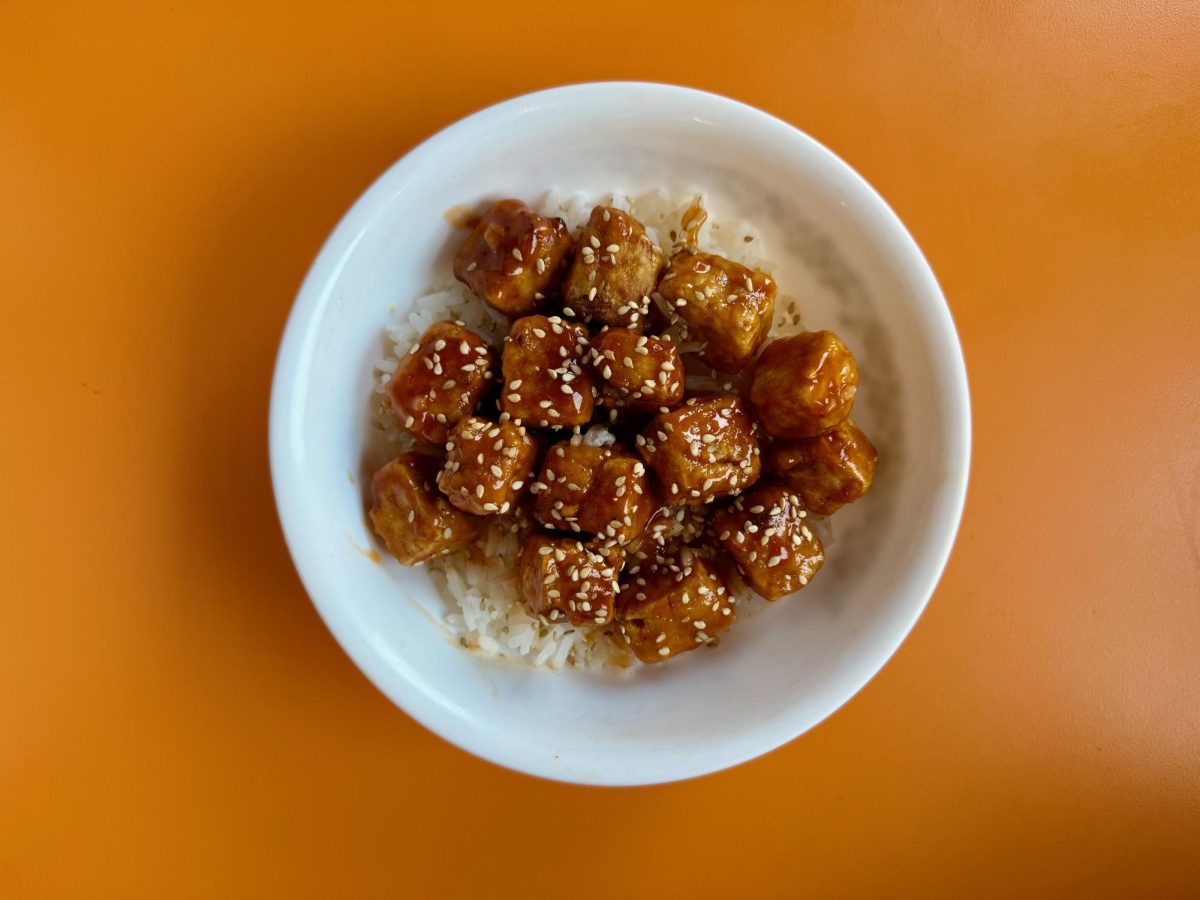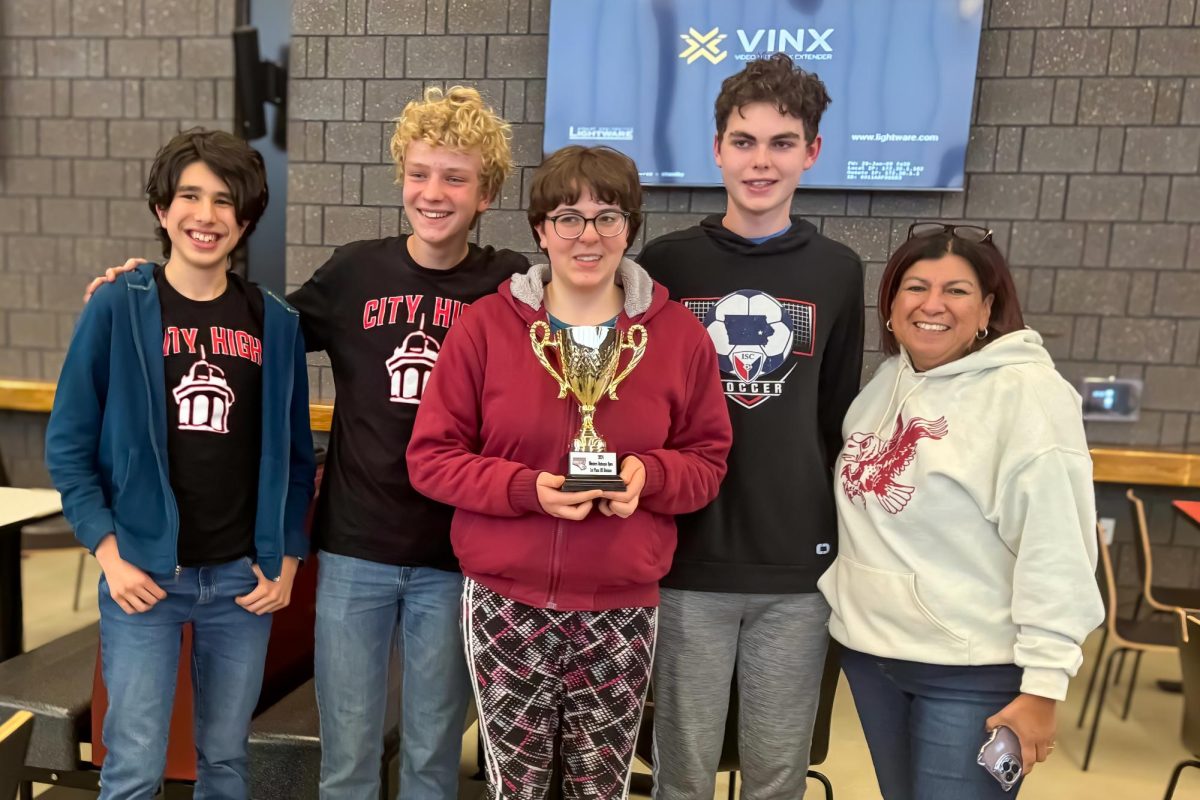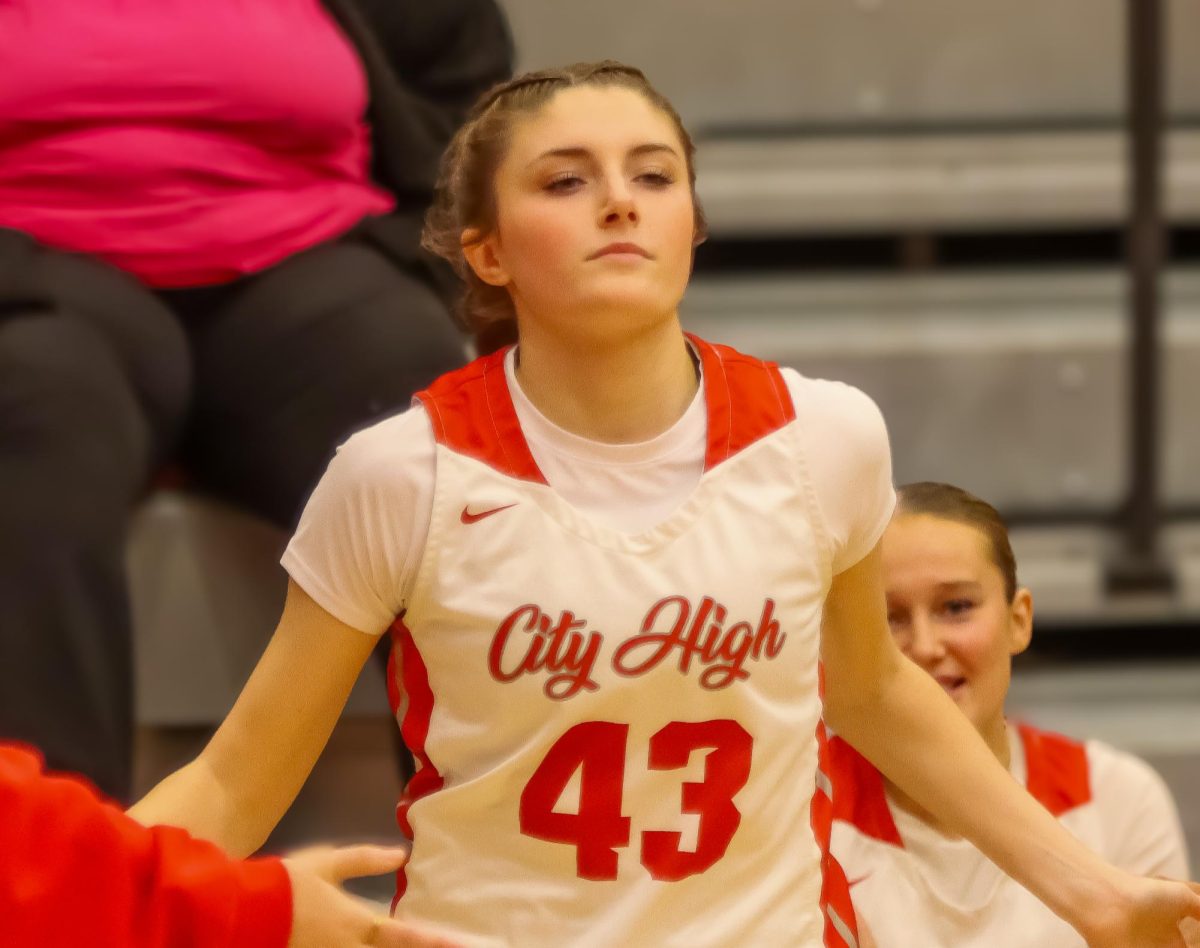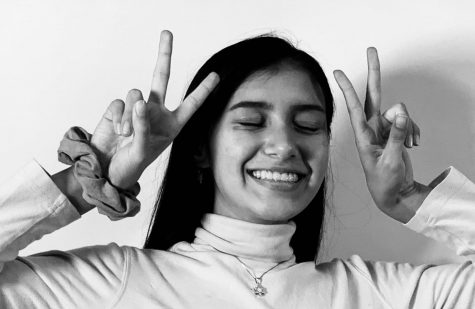City students react to mass shooting in New Zealand
City High students reflect on New Zealand’s efforts in handling the Mosque shooting and compare them with the United States.
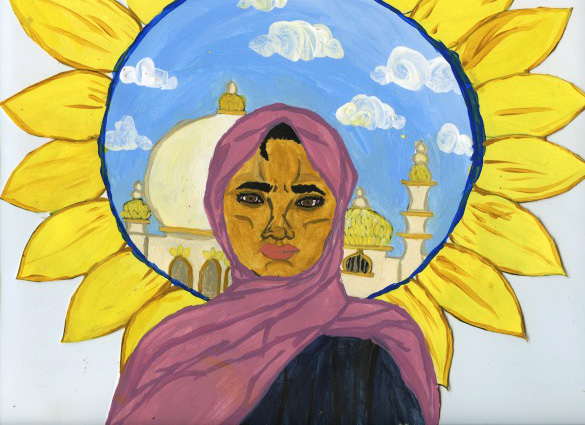
The international community rises up to support Muslims in the face of great tragedy.
May 10, 2019
Since the radical terrorist attack of the Twin Towers on 9/11, Islamophobic hate crimes have been on the rise. In 2001, the reported number of anti-Muslim assaults in the U.S was 93 victims, according to the PEW research center. However, since Donald Trump announced his bid for presidency in 2015, Islamophobic assaults peaked higher than the number after 9/11. In 2016, there were a 127 anti-Muslim assaults reported to the FBI.
Islamophobic hate crimes have become all too common. Between 2001 and 2016, there were over 850 Islamophobic assaults. And due to the U.S’s fear of Muslims ever since 9/11, rarely do we see much solidarity from the non-muslim community when such hate crimes occur. However, when, on March 15, 2019, a gunman walked into a New Zealand mosque and killed 50 people between the ages of three and 77, the world reacted in a way the Muslim community has never seen before. Although New Zealand is several thousand miles away, Muslim communities all over the world are thankful for the solidarity that has been shown, including Muslim students at City High.
It took a few days for the weight of the news to sink in for Heba Abdalla ‘19’s household. But when it did, the grief struck. Abdalla realized just how common Islamophobia has become in post 9/11 society.
“That could have been us. It just happened to be somewhere different. It could have easily been us, it could have easily been our sister, brother, uncle, and it’s a little hard, a little frightening,” Abdalla said.
For Salwa Sidahmed ‘19, although she feels pain regarding the shooting, she is also impressed with the way New Zealand has been handling the tragedy.
“It’s kind of shocking, and it’s also a little bit sobering to see the way in which the people of New Zealand have reacted and how the Prime Minister has reacted. And I think that kind of shows the lack of leadership here in the United States,” Sidahmed said.
Less than a week after the shooting, New Zealand banned military-style, semi-automatic weapons. Prime Minister Jacinda Ardern paid her respects to the victims of the shooting while wearing a hijab. Reporters across the country reported the story wearing hijabs as well, and the Muslim call to prayer was broadcasted across the nation. This is the first time such solidarity has ever been shown by the non-muslim community.
“I think the terrorist’s intent was to separate and create a divide and I think in New Zealand, at least, he has done the exact opposite,” Sidahmed said. “To see thousands of people come out to prayer the following Friday, to hear the call to prayer played across national TV, so that every single person, Muslim or non-Muslim, in New Zealand, heard it on the week anniversary of the terrorist attack, I feel it’s truly light in a moment of darkness, and it makes you aware of how different it is to the environment [in] the United States.”
In 2017, a mosque shooting occurred in Quebec City, killing six. However, few have heard of it. Although it was a similar situation to the shooting in Christchurch, the reaction from the global community of non-Muslims was much smaller, if one was present at all. Although the Christchurch shooting was tragic, it brought on great global support . The people of New Zealand truly showed the Muslim community they cared through their efforts.
“Not only do the Muslims of New Zealand have their fellow New Zealanders with them, they also have 1.8 billion other Muslims, and also many, many non-Muslims, there to support them and [show] that our hearts are with them,” Sidahmed said.
New Zealand has been the first nation to not only show solidarity with the Muslim community, but make a change after such a tragic event. After the Parkland shooting last Valentine’s Day, students from City High and other schools across the state walked out of school demanding stronger gun control legislation; however, none has ever been passed in Iowa.
“It makes me fear that if there were a situation where a shooter chose to attack a large group of people here in the United States, there wouldn’t be that same level of reaction and efforts to try to combat not only Islamophobia but gun violence overall,” Sidahmed said.
For the people who have the same beliefs as the shooter, Sidahmed says,
“Islam is built on the notion of peace. And I think that to be able to dedicate so much time to hatred of others just shows that…these people do lack peace within.”
Sidahmed believes more people need to understand that Muslims are people too. “It’s person first and then Muslim. So I just think that you need to treat everybody with respect [any]way,” Sidahmed said.
Abdalla was once asked a question that she feels resonates with the Christchurch shooting.
“Is your faith bigger than your fear? Are you willing to stay by what you believe in, despite all these people not wanting you to?” Abdalla said.
Hopefully, future incidents do not occur. However, there is no telling whether or not they will, especially with today’s Western fear of Muslims. But if they do, communities must come together the way New Zealand did and show unity. Leaders around the world must learn from Jacinda Ardern by reacting in a progressive way when tragedy strikes to truly prove they care. The best way to prevent such hate crimes is to spread love and show solidarity. And when people stand together in the wake of such hate, they can start to prevent more hate from spreading.



